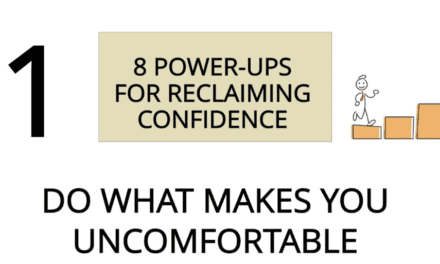Assessing Your Need For Relaxation: Are You On The Verge Of Burnout
It is kind of obvious once you have hit burnout, exhaustion, lack of motivation, poor efficacy, and overwhelming doubts of whether you should even be at your job are hard to miss. But, if you are not there yet, perhaps the symptoms aren’t as obvious.
So what is burnout? Burnout is the result of too much stress either from your job, a life situation, or even your personality. In the simplest of terms, burnout is absolute exhaustion, physical, mental, and emotional.
It is a combination of symptoms that cause you to be much less effective at work, less happy at home, and if left unchecked could cause serious health complications. Burnout can leave you anxious, depressed, unmotivated, and ineffective. The list of symptoms can be vague and sound like just life, but life isn’t supposed to feel like burnout.
The first things you will notice looking for burnout are the causes. You will experience poor work-life balance, poor job fit, mismatched values, lack of control, or a dysfunctional work environment that wears on your peace of mind and your sanity. At first, it won’t seem like much we have all muscled through hectic times, made it through, and not suffered any consequences.
Then, the symptoms hit. They creep in quietly and gradually as the enjoyment drips from your job and then your life. Perhaps just a general air of negativity and apathy towards your everyday activities. You might just feel stuck or indifferent. But, soon you lose sight of your values and your ability to focus; anxiety, depression, and insomnia set in as your mental faculties deteriorate from the weight of the stress.
Scariest of all, if left unchecked your physical health can begin to take the brunt of the burnout. You may begin noticing weight gain, frequent illnesses, various bouts of pain, high blood pressure, and an increase in the severity of existing conditions.
With burnout being something everybody would live better without, how do we prevent the mental turmoil and physical deterioration?
If you are beginning to experience any of the symptoms of burnout, consider reassessing your interests, skills, and passions and compare against current options. If you have good options, to move within your company or career path, these changes will be the easiest to make and cause the least amount of stress. Identify and manage your stressors as best as you can.
Another thing you can do to lessen the effects of burnout on your health and your life is to keep your own attitude in check. Find gratitude and enjoyment in your job and life, it could be your lunch break or the drive home. Just find something you can enjoy and look forward to through your day so it doesn’t feel like a deep dark hole. Making a conscious effort to change your attitude may buy you the time to make a change.
Reach out and gather support around you. Friends, family, co-workers, HR, and professional help can all help you through the difficulties associated with burnout and decrease symptoms like depression that make the experience so much worse.
Lastly, take time for self-care, it isn’t selfish. Getting the time to relax, sleep, and exercise can be vital to curbing burnout before it starts. The required amount of sleep, 7-8 hours a night, can nip exhaustion in the bud and help your concentration. Exercise decreases pain and releases dopamine and serotonin to decrease depression and anxiety.
Nobody wants to go in on Monday morning, but if you are feeling the effects of burnout and especially denying these feelings, you might need to assess your need to be proactive against burnout in your job and in life.





